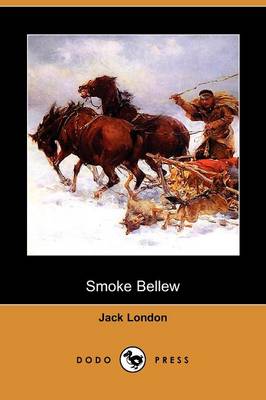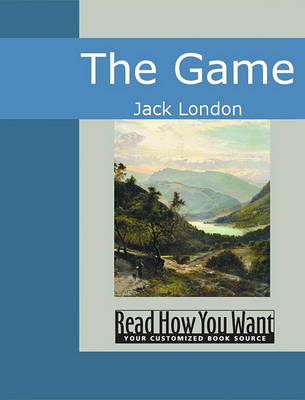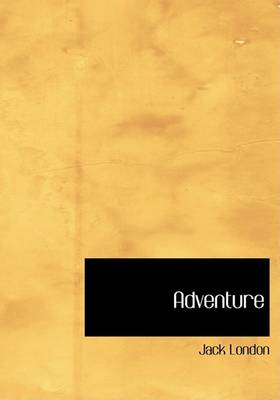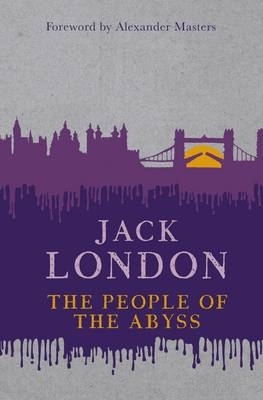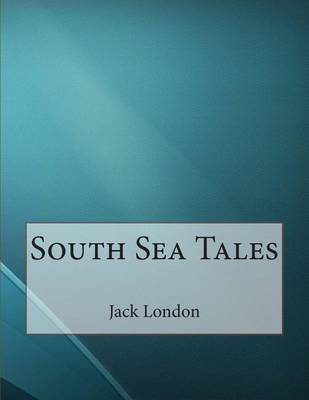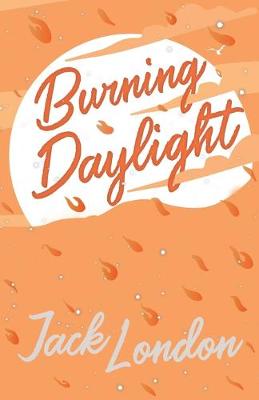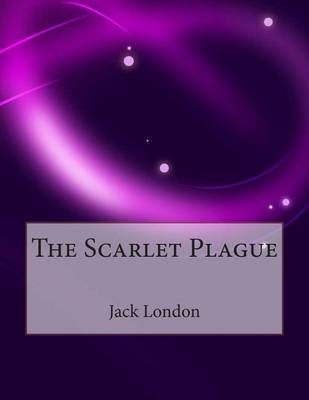Best Novel Classics
9 primary works
Book 8
Book 10
Jack London (1876-1916) wrote such classics as "Call of the Wild", "White Fang", and "The Sea-Wolf". Introducer Michael Oriard is the author of "Reading Football: How the Popular Press Created an American Spectacle" and other works. He is a professor of English at Oregon State University.
Book 31
Book 33
Book 34
Book 35
Jack London was famous for his adventure stories, such as "White Fang" and "The Call of the Wild," but he was also a skilled political writer and social critic. He led a varied and colorful life as a journalist, laborer, fisherman, gold-prospector and even a vagrant. Jack London came to the East End of London in 1902, and "The People of the Abyss" is the result of his investigative journalism that paints a vivid and disturbing portrait. It is both a literary masterpiece and a major sociological study. London posed as a stranded American sailor, sleeping in doss houses and living with the destitute and starving - the record of what he saw there remains as powerful today as it was then. Published to coincide with the centenary of his visit to the East End, this important book is an incredible precursor to the writings of George Orwell, and remains a standard-bearer critique of capitalism.
Book 37
Book 38
Book 39
A bleak, at times darkly humorous glimpse into the future by an author best known for red-blooded adventure yarns set in the Klondike Gold Rush.
